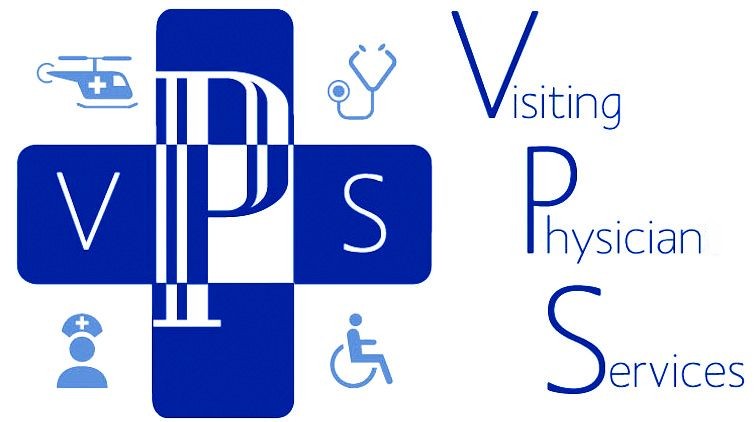Coordination (Meals on Wheels, Caregivers resource and supportive services assistance, and other Medical Social Services) :
Coordination services play a vital role in ensuring seamless access to various support programs and services, especially for vulnerable populations such as older adults and caregivers. Here’s an overview of coordination services related to Meals on Wheels, caregiver resources, and medical social services:
Meals on Wheels Coordination:
- Conduct assessments to determine eligibility for Meals on Wheels services.
- Facilitate the enrollment process for individuals qualifying for meal delivery services.
- Coordinate the delivery schedule, ensuring timely and reliable distribution of meals.
- Monitor the quality and nutritional value of delivered meals.
Supportive Services Assistance:
- Assess the needs and challenges faced by caregivers, considering factors such as time constraints, emotional well-being, and support requirements.
- Provide caregivers with information and referrals to relevant resources, including respite care, support groups, and educational programs.
- Coordinate caregiver training sessions and workshops to enhance their skills and knowledge.
Holistic Care Planning:
- Work closely with healthcare providers to integrate coordination services into overall care planning.
- Collaborate with various professionals, including nutritionists, social workers, and healthcare specialists, to address the diverse needs of individuals.
Community Engagement:
- Actively promote and coordinate participation in community programs, events, and activities that enhance social connections and well-being.
Caregiver Resource Coordination:
- Assess the needs and challenges faced by caregivers, considering factors such as time constraints, emotional well-being, and support requirements.
- Provide caregivers with information and referrals to relevant resources, including respite care, support groups, and educational programs.
Coordinate caregiver training sessions and workshops to enhance their skills and knowledge.
Medical Social Services Coordination:
- Assess the social and emotional needs of patients to determine the appropriate medical social services.
- Coordinate referrals to medical social workers for counseling, support, and assistance with social determinants of health.
- Connect patients with community resources that address social factors affecting their health, such as housing assistance and financial counseling.
Transportation Services Coordination:
- Evaluate the transportation needs of individuals, especially those with mobility challenges.
- Facilitate access to transportation services, ensuring that individuals can attend medical appointments and engage in community activities.
Communication and Advocacy:
- Maintain open communication with stakeholders, including clients, caregivers, healthcare providers, and service agencies.
- Advocate for the needs and rights of individuals and caregivers within the healthcare and social services systems.
Medical laboratory and specialists services
- Routine and medical care
- Excellence in Healthcare every
- Building a healthy environment.


